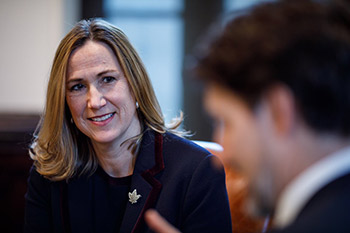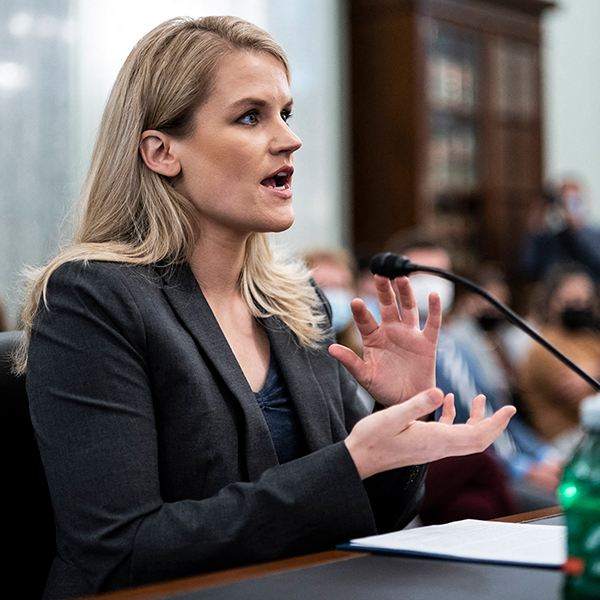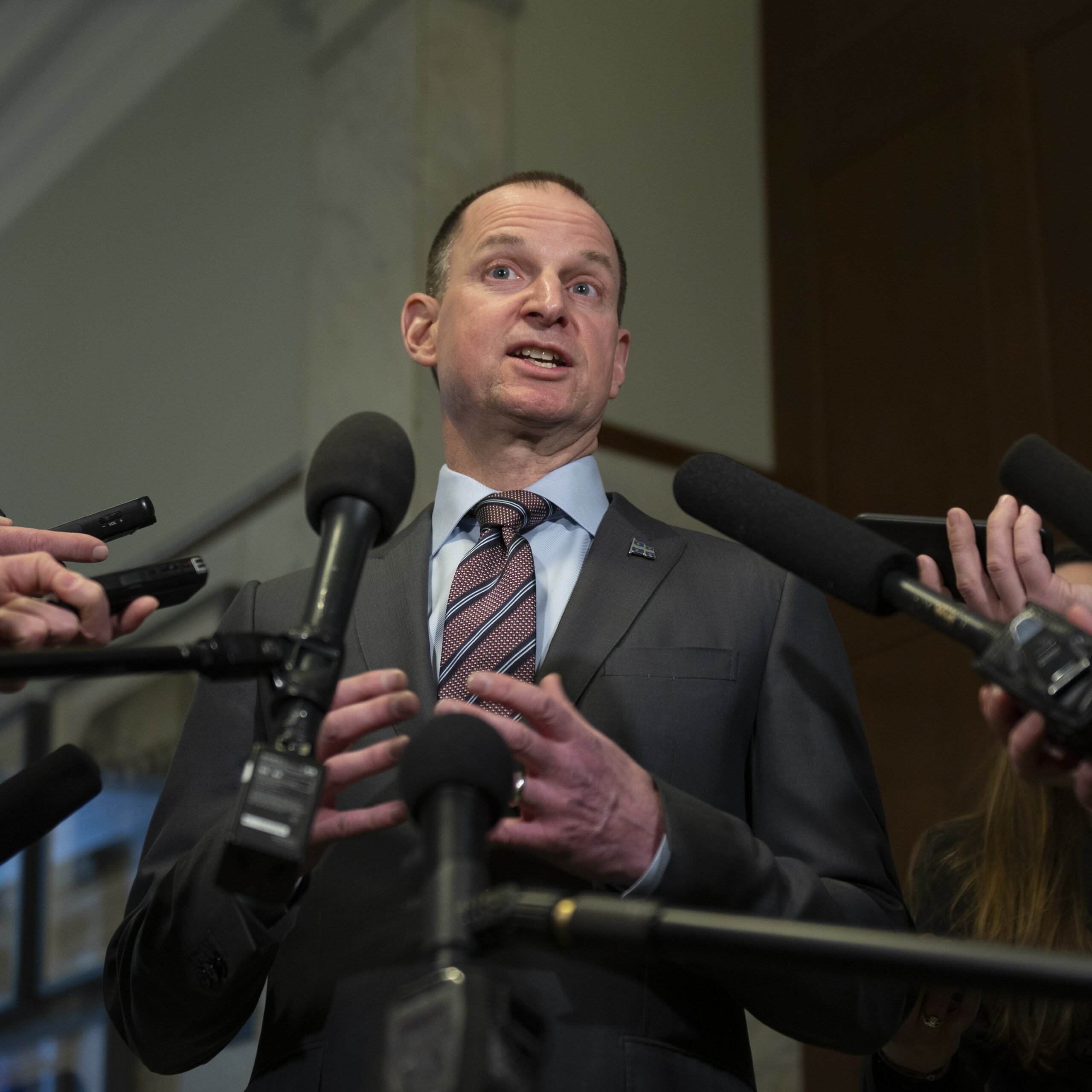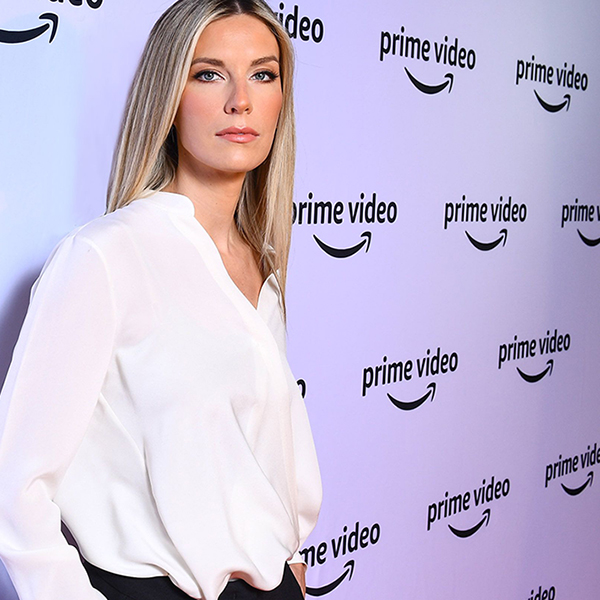Kirsten Hillman, BCL’93, LLB’93, may not have written the book on the art of the deal, but there’s every reason to think she has an extraordinary grasp of the ins and outs of high-stakes negotiations.

As Canada’s first female ambassador to United States during what has arguably been the most challenging year in an often fractious and always lopsided bilateral relationship, the lawyer and veteran trade negotiator has played an important role in fending off a series of protectionist threats and insults while maintaining the flow of crucial goods in the midst of a pandemic.
And to her credit as a diplomat, even one renowned for her tough talk at the negotiating table, she has done so without giving offence to those who are easily offended in Washington – if anything, she has managed to make inward-looking U.S. policy-makers accept the dependably reasonable Canadian position that unravelling our tightly intertwined trade relationships would harm countries that prosper when they appreciate the value of getting along.
“There’s no country that wants the United States to succeed more than Canada, and that directly influences our economic success, so we’re all for that,” she says. “But we want to make sure that it’s done in such a way that it doesn’t cut very well integrated, very effective, very productive Canada-U.S. supply chains.”
Our interview takes place in the midst of a typical COVID-era day of virtual diplomacy where she met remotely with her embassy management team, made a presentation to an influential bipartisan think tank, consulted with cabinet ministers in Ottawa, and prepared for upcoming briefing sessions.
Canada is almost never going to argue from a position of advantage against its U.S. counterparts. So Hillman takes a more methodical approach, drawing on the reams of trade data assembled for recent NAFTA renegotiations to shift the zero-sum tactics of American hard-liners toward a mutually beneficial resolution.
When Hillman’s appointment as ambassador was announced in March, Justice Minister David Lametti, BCL’89, LLB’89, described his fellow McGill Law Journal alum as “brilliant and meticulous.” That details-oriented incisiveness came to the fore in Hillman’s first weeks on the job, as COVID panic raged, when the Trump administration restricted exports of much-needed personal-protective equipment.
“Ultimately the United States exempted Canada from those restrictions,” says Hillman. “The reason they did so is that we had conversations about the fact that trade in this product, as in so many areas, was two-way – in 2019, for example, the United States imported over $5-billion worth of PPE from Canada. This was the kind of concrete data I took to the White House and said, this is not a good strategy for Canada and the United States – we are deeply integrated and our trade is very reciprocal, and if we stop letting things flow back and forth, we are both going to suffer.
“The point we had to make was, the best chance of making sure those products are available to your people when you need them – and to our people – is that we continue to be open to each other, because we are making them together. If we cut off our partnership, then we will both be at a disadvantage.”
Of course, Donald Trump’s impulsive approach to trade issues made Hillman’s job that much harder – she was often reacting after the fact, attempting to redirect U.S. policy in mid-course while refusing to rise to the president’s provocations. And this is where her career public servant’s ability to leverage decades of relationships paid off as she searched for ways to twin Canada’s needs with U.S. interests: “I’ve been sitting across the table from Americans for that whole time. There are people here in Washington that I’ve known for well over 20 years. So it’s been a very important feature of my ability to manage through this COVID crisis.”
Traditional face-to-face diplomacy has largely been derailed during the pandemic, but ambassadorial conversations are now much more efficient in a city where travel and security checks can add an hour to a 30-minute high-level meeting.
“There were times in the past couple of months where I had to talk to 15 or 20 people in the course of a week and it was no problem,” Hillman says, “whereas getting 15 or 20 meetings face-to-face purely from a scheduling perspective can be harder. People tend to get right to the point on the phone – I personally like that style of interaction, not rude but tell me what’s going on, what’s on your mind, let’s talk about it, get right to it.”
That respectful directness was her hallmark as Canada’s lead negotiator for the Trans-Pacific Partnership agreement. During her time as the assistant deputy minister of the Trade Agreements and Negotiations Branch at Global Affairs Canada, Hillman was responsible for keeping a close eye on all of Canada’s trade negotiations. More recently, she was an important member of the Canadian team involved in the talks that led to the renegotiated NAFTA deal between Canada, Mexico and the U.S.
“For me what’s important is that I’m very well prepared, I am a very good listener and I’m pretty tough,” she says. “You have to understand what it is you’re here for, what your objective is, and you have to be willing to find whatever ways you can to get there. And you have to be willing to fight – disagree and disagree strongly and not be put off by people disagreeing with you very strongly.”
Detailed negotiating is a strangely intimate affair and smart public servants recognize that one-time adversaries can become future backroom allies: “Everyone knows what they’re there for, it’s not personal. I respect people who do their job with integrity, but with strength, and I think my counterparts do as well.”
She credits McGill law professors Jane Glenn and Armand de Mestral, BCL’66, with helping her gain that more public form of self-confidence when she arrived as a philosophy graduate from the University of Manitoba.
“They were people who believed in me and boosted me up, which was important,” she says. Collegial work on the Law Journal, where she co-authored a paper on the Young Offenders Act, was a particular pleasure, and she found time to hike in the Green Mountains and play Ultimate Frisbee.
“I loved McGill, I made some of the deepest and most enduring friendships during my time there,” says Hillman. “It’s a community of friends that is rich and brings me exposure to all different kinds of things, all of the time.”


